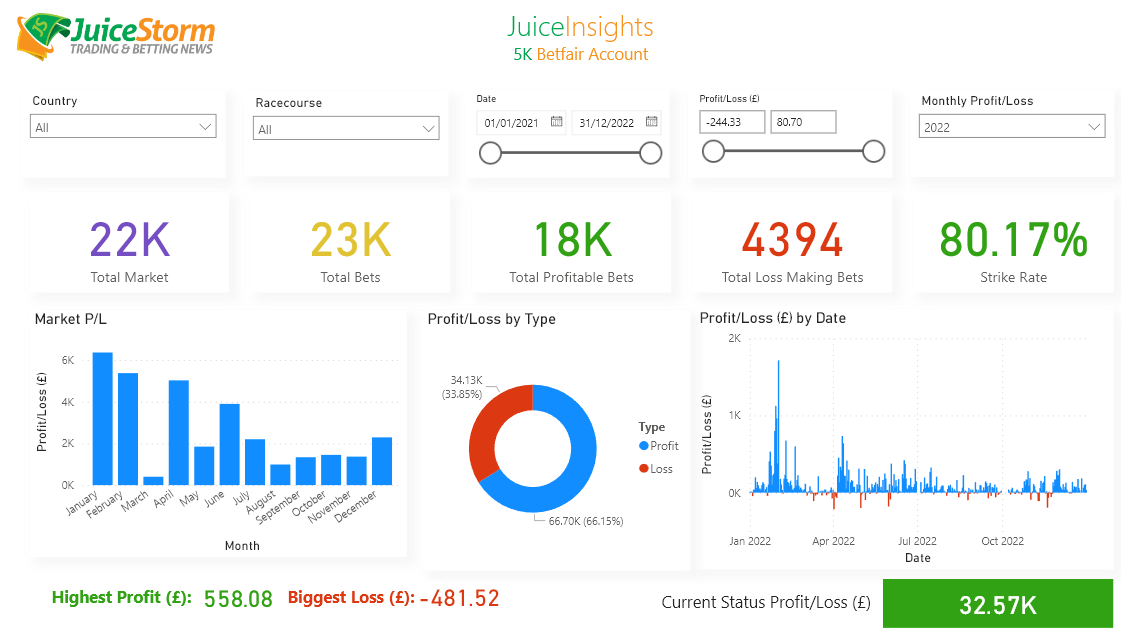Futures vs. Options – Which Should You Trade?
Futures and options are both financial derivatives
- Digitex Has Been Two Years in the Making - November 27, 2019
- Digitex Futures Is Ready to Revolutionize Futures Trading - November 26, 2019
- With 4 Days to Go, Check Out the Progress on the Digitex Testnet - November 26, 2019
Futures and options are both financial derivatives traded by institutions and individuals, either to turn a profit or to hedge against current investments. Some traders like to trade both, while some have a preference for one over the other. When you weigh up your own trading choices between futures vs. options, you must understand the pros and cons of each.
That’s where we come in. In this guide, we’ll deep-dive into the features of futures and options contracts, take a look at how they originated and how today’s traders across different markets use them. We’ll also compare the opportunities and risks of both futures and options contracts and examine the current state of the crypto-derivatives markets.
What is a Futures Contract?
When you hear the terms “futures” and “futures contract,” they mean one and the same thing. A futures contract is a simple legal agreement between two parties that a particular asset or commodity will be sold at a pre-agreed price on a specific date in the future.
Futures are one of the oldest forms of derivatives, and their origins offer a simple way of explaining how a futures contract works. Futures emerged as a means of farmers hedging against the future value of their crops. At the start of the growing season, the farmers couldn’t predict whether or not they would have a good or a bad harvest, as it would depend on factors such as the weather.
Similarly, imagine a baker buying the wheat from the farmer on the other side of the transaction – they were subject to the same uncertainty. So, the farmers and the bakers would agree on a price for the harvest at the start of the season.
According to the laws of supply and demand, a good harvest would increase supply, and push down the price of the wheat. Conversely, a poor harvest creates a shortage, driving demand, and wheat prices high. By entering into a futures contract, the farmers and the bakers could hedge their overall risk by agreeing on the harvest price upfront.
Although the markets have evolved, the nature of futures contracts remains the same. Today’s futures markets consist of hedgers and speculators. Hedgers are the parties with commodities or assets to sell who want to secure an agreed price. Speculators are those trade futures contracts against the value of the asset without ever planning to take custody of the asset itself.
The financial markets are filled with jargon, so you may come across different terms and be left wondering “what are stock futures?” or “what are forex futures?” Rest assured that the explainer given here applies to any futures market, whether the underlying asset is stocks, fiat currencies, cryptocurrencies, or commodities like oil, metals, or utilities.
So now that you’ve had a futures contract explained, how does an options contract work?
What is an Options Contract?
A critical difference between futures and options is that an options contract doesn’t represent a legal agreement to buy or sell. An options contract creates a right, not an obligation, to enter into a trade before a fixed date at which the contract expires.
Options contracts are of two types. A call option is a contract that allows the trader to buy a particular asset at a fixed price, called the strike price, before the contract expires. Let’s say someone opens a call option to buy BTC at $10k with an expiry date at the end of 2020.
If BTC goes up to $15k, the trader can buy the BTC at $10k and immediately sell on the open market at $15k, realizing a $5k profit on the transaction. They could also sell the option contract itself, as it already represents a profit.
The other type of option is a put option, which works in exactly the same way except it represents a sell transaction rather than a buy transaction.
Like futures contracts, options contracts have a long and rich history, stretching all the way back to Ancient Greece. Aristotle provides a great example of options contracts in action at the time. He wrote of a poor philosopher called Thales, who made his wealth by forecasting the future year’s olive harvest.
Thales made agreements with the olive press owners for the option to use their olive presses at a fixed value. The next year, there was a bountiful olive harvest. Due to the increased demand for olive presses, Thales was able to sell his “olive press options” for a profit.
What is the Difference Between Futures and Options?
So, now we’ve covered the difference between futures and options on a mechanical level, what are the differences in trading futures vs. options?
Buying options offer a more conservative approach to trading. When buying options, the trader can never lose more than their initial investment, known as the premium. The premium value may vary depending on the difference between the option strike price and the actual asset price and the time left before the option expiry.
Regardless of whether the asset price falls way below the premium, the trader doesn’t lose any more than this value. This applies if they can’t sell the option and choose not to exercise their right to buy.
The option seller faces far more risk, as they must honor the agreement to sell the options at the strike price. Selling (also called writing) options can lead to very high losses in volatile markets and is best left to the most experienced institutional options traders.
Futures represent a legally binding agreement to buy an asset; therefore, they carry more risk as the trader cannot simply choose not to fulfill the trade. Furthermore, profits and losses are directly linked to the value of the asset with no premium to offset the downside.
Conversely, though, trading futures offers the opportunity for far higher returns than trading options. Trading futures on margin amplifies the potential for even bigger profits, and losses, with futures trading.
Options trading can be more complicated to understand than futures trading. However, once the basics are in place, options represent a solid choice for a newer trader. Because the risk exposure on a call option is limited to the premium paid, a trader can get away with understanding less about the market itself.
On the other hand, experienced traders who know their markets well tend to opt for futures vs. options. If you’ve spent long enough understanding the markets for a particular asset, then you’re more likely to turn a bigger profit using leveraged futures contracts than with options.
Markets for Futures and Options
You can trade futures and options across a wide variety of markets. These include:
- Stocks such as Apple, Google or any publicly-traded company
- Indices such as the S&P 500 or the DJI
- Foreign currencies
- Commodities such as precious metals, oil, and gas, or agricultural products
- Cryptocurrencies such as Bitcoin or Ether
Trading in these markets can happen both over-the-counter and in exchanges.
In the traditional financial markets, there is an even broader range of financial derivatives, including forwards and swaps covering a variety of assets. However, in the cryptocurrency space, it’s the futures contract that currently reigns supreme.
The Burgeoning Crypto-Derivative Market
A vast market for cryptocurrency derivatives has emerged over the last year or two. BitMEX first opened its doors in 2014, but the CME and the Cboe started offering bitcoin futures contracts to institutional clients in December 2017. The primary attraction in trading cryptocurrency derivatives is that the markets are more volatile. This volatility provides the opportunity for traders to realise far more significant gains than in traditional markets, which are more stable. Futures trading also provided the first means of going short on bitcoin.
At this point in 2019, there are more exchanges to choose from if you want to trade cryptocurrency futures. BitMEX still dominates, but there are plenty of other choices, including Deribit, Bybit, and Cryptofacilities. Many existing cryptocurrency exchanges have expanded into futures too, including OKEx, Huobi and soon, Binance.
Once Digitex launches, we aim for our zero-commission, decentralized futures exchange to outrank each of them on factors including fees, leverage, security, and liquidity. With the crypto futures markets at an all-time high, there’s no better time than now for new entrants to emerge.
At the time of writing, the only exchange offering cryptocurrency options is Deribit. This makes the market for options far more limited than futures.
At Digitex, we firmly believe that futures are the superior choice, particularly for more experienced and regular cryptocurrency traders. They were the first crypto-derivative to emerge, they provide the opportunity for the highest returns, and they have strong institutional and retail support. While the prospects for cryptocurrency options trading remain limited, liquidity will continue to be a challenge. Of course, things could change if more exchanges start offering options.
Knowledge is Power
So, what about newcomers to the markets, or those who don’t trade so regularly? Well, there are no barriers to entry. However, newcomers to all kinds of trading should take steps to ensure they are educating themselves about the types of instruments on offer and the markets for the underlying assets.
It will also help to gain an understanding of the principles of technical and fundamental analysis which traders use to read and forecast market fluctuations. Furthermore, all traders, whether newcomers or the most experienced, should have an understanding of their own appetite for risk, and know when to exit a losing trade.
Following these principles will serve you well, whether you choose to trade spot or derivatives, crypto or stocks, or engage in day trading or long term investing. If you want to learn more, the Digitex blog is a great place to start. We’ve published many informational articles which explain futures trading in-depth, covering jargon, strategy, analysis, and much more. In trading as in life, knowledge is power.





